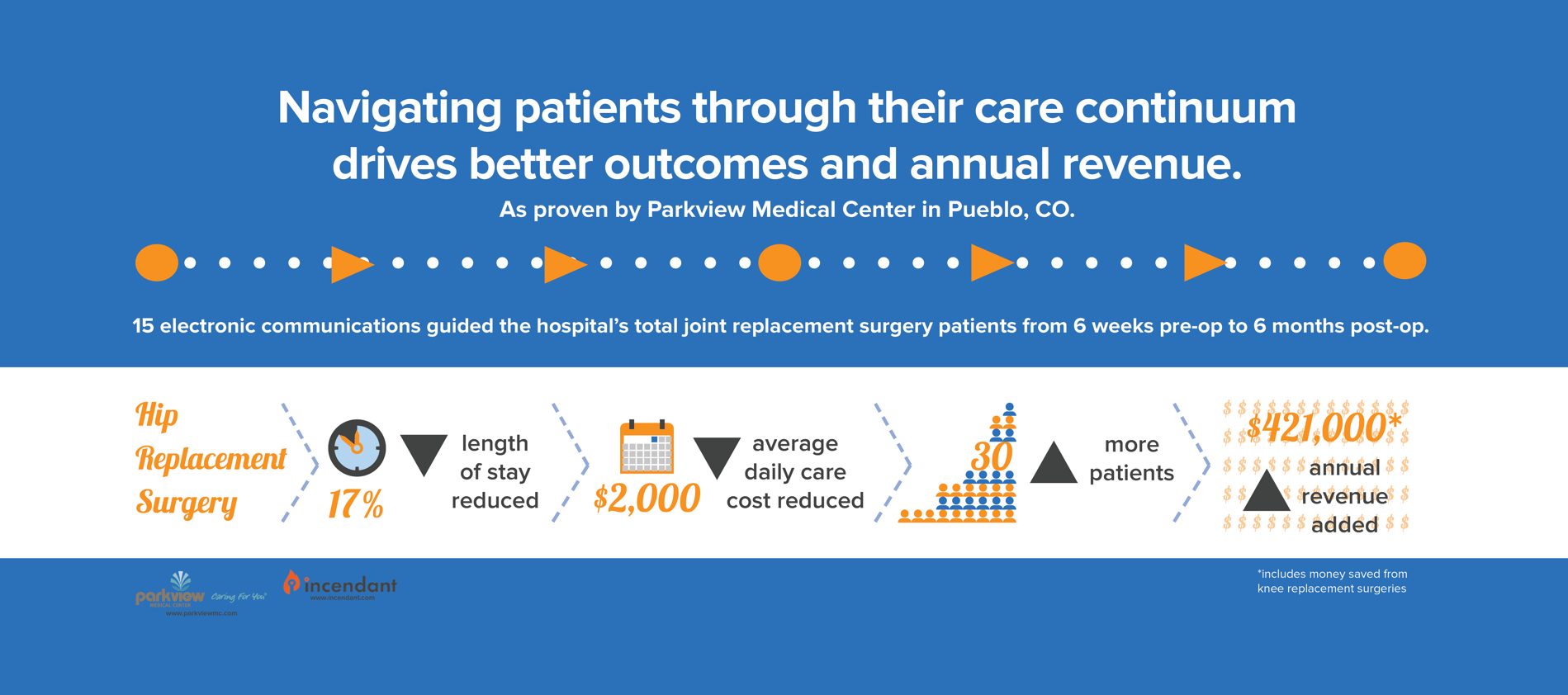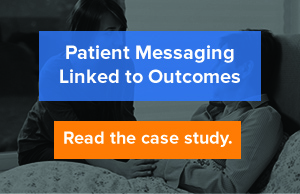You’ve likely heard the adage, “Confidence breeds success.” It’s a saying that doesn’t only apply to goals and achievement. Confidence can also have a powerful influence on your health.
Thirty years of research supports the concept that when patients feel confident in their ability to participate in their own healthcare, they’re more likely to do it well. As a result they enjoy better outcomes and experience lower hospital readmission rates. This is increasingly important as hospitals work toward the federally mandated healthcare goals of patient-centered care and Meaningful Use attestation.
The Research
The theory that “confidence supports competence” stems from renowned psychologist Albert Bandura’s work on self-efficacy during the 1970s, ’80s and ’90s. The ability to influence self-management of chronic disease, in fact, is one of the applications of his Self-Efficacy Theory.
These days, healthcare providers are focusing on patient engagement and “activation”—the knowledge, skills, confidence and willingness to manage one’s own health in general, not just in the case of chronic disease. Providers agree that patients who are informed and actively involved in their own care have better outcomes and lower care costs in many situations.
Healthcare consumerism expert Judith Hibbard, PhD, MPH, of the University of Oregon, has even developed and tested a Patient Activation Measure questionnaire to help gauge patients’ knowledge, involvement and confidence in their care.
The Connection to Value-Based Care
Working with researchers at Boston Medical Center, Hibbard et al have shown that highly activated patients are less likely to have readmissions or ED visits within 30 days of discharge from the hospital.
Additionally, in a study at Fairview Health Services in Minnesota, Hibbard found that patients whose activation scores were highest had lower billed-care costs during that same year, as well as lower costs during the succeeding 6 months.
The benefits of patient engagement and “activation” bear out in other research, as well. One case study at Parkview Medical Center, a small hospital in Pueblo, Colo., linked digital patient education systems to improved outcomes for knee and hip replacement surgery patients.
In that study, knee replacement patients who received digital messages about their procedures before, during and after surgery had a 5% shorter length of stay and saved the hospital $360 each day on average. Among hip replacement surgery patients, the average length of stay was reduced by 17% and the hospital saved an average of $2,000 each day.
The Advantages of Digital Connection
With the evidence linking patient activation to better self-care and improved health outcomes, consider how you are building your patients’ health knowledge and confidence.
In an age where 87% of U.S. adults are online, the most effective connections occur with digital patient engagement and education. By making digital connections, engaging patients with the right education at the right time, and doing so throughout the care continuum—before, during and after a hospital stay or procedure—you’ll see the biggest return on investment for both patients and your hospital. Ultimately, you’ll make a real impact on population health.









